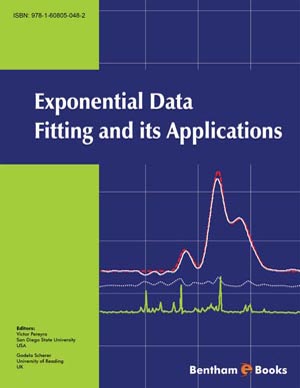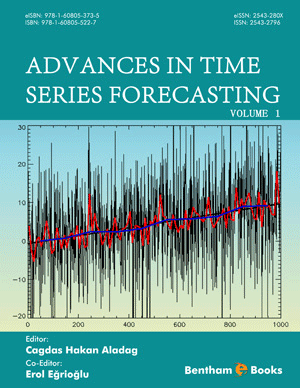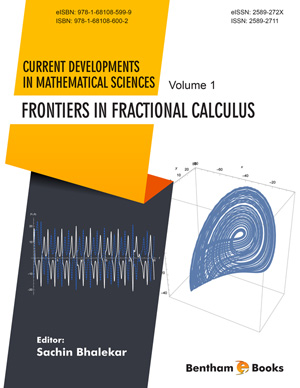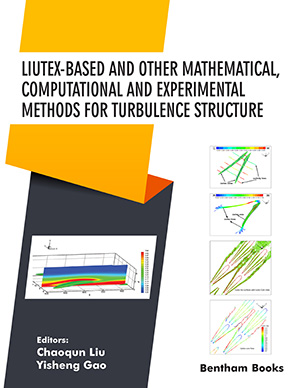Abstract
Magnetic Resonance Spectroscopy (MRS) is one of the practical biomedical applications where exponential data fitting is an essential tool. An MRS signal is a complex-valued time-domain signal that satisfies in theory a model expressed as a sum of complex damped exponentials. The model parameters provide useful information about metabolites, i.e., about the chemical content of the sample or tissue under study. In vivo MRS signals are characterized by the presence of noise and by deviations from the theoretical model. Along the years many fitting methods have been employed for the so-called “metabolite quantification" problem. These are, to mention just a few, subspace-based methods such as HSVD, or optimization-based methods such as VARPRO. In recent years more focus has been placed upon methods that incorporate prior knowledge into the model. Initially, prior knowledge has been included in the form of simple relationships between parameters of the exponential model (for instance, linear relations between the parameters of individual exponential components, when it is known that these components originate from the same metabolite). More advanced methods are able to include much more prior knowledge by combining whole metabolite profiles into the model; these metabolite profiles are quantum-mechanically simulated or in vitro measured MRS signals. Other interesting computational issues related to MRS quantification include preprocessing techniques (such as filtering out some unwanted spectral components) aimed at modifying the measured data without loss of essential information, in order to match the assumed exponential model. This chapter reviews time-domain MRS quantification methods and related preprocessing techniques, it emphasizes the computational aspects such as the use of variable projection in the optimization-based methods, and it hints towards some of the features of existing software packages for MRS.
Keywords: Magnetic Resonance Spectroscopy (MRS), metabolite quantification, Hankel Singular Value Decomposition, nonlinear least squares, variable projection












